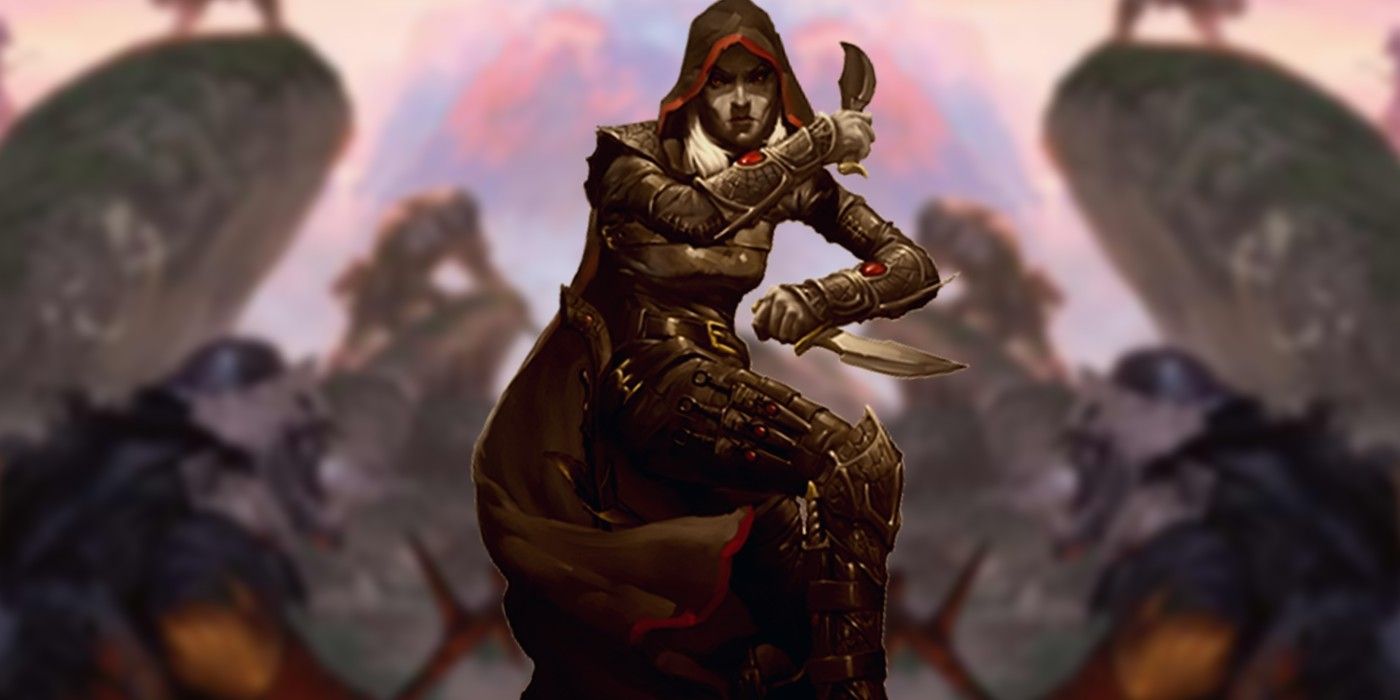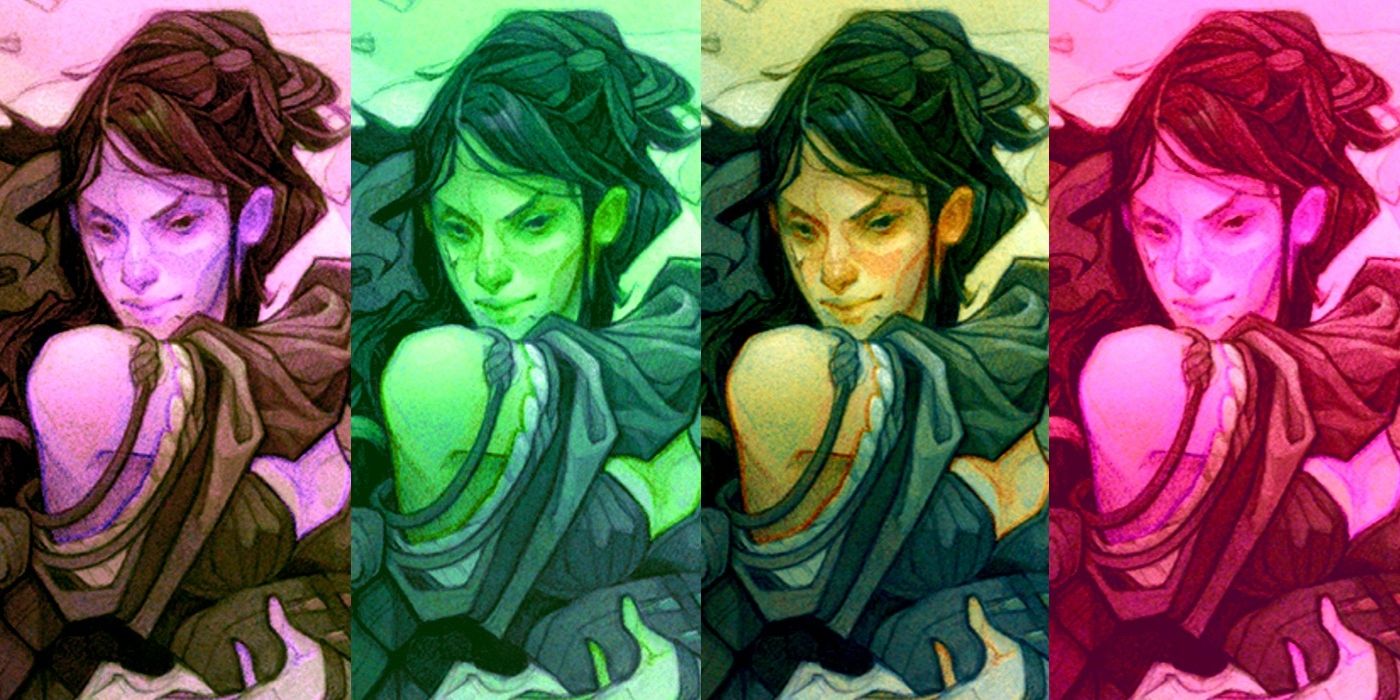Feats are one of the most underused features in Dungeons & Dragons. D&D is known for its leniency in gameplay design, and there are ample opportunities for dungeon masters to include optional features or to create house rules of their own. Feats are one such optional rule, and though frequently forgotten, represent critical opportunities in roleplaying and utility, making them an essential part of any Dungeons & Dragons campaign.
Within the Player's Handbook, no significant mention of feats in Dungeons & Dragons occurs until page 165. Given the expansive amounts of content within the handbook, it should be no surprise that many players are wholly unfamiliar with the optional rule. Feats, as per the Player's Handbook, are areas of specialization that provide a player’s character with capabilities outside of their typical classes. Essentially, they allow players to become more adept in certain aspects of gameplay, whether it’s combat or roleplay. These benefits should not be underestimated, as they provide players with extra layers of utility within D&D campaigns.
D&D's Feats are often underutilized due to the nature of what they replace. At certain points of leveling a character, players are given the opportunity to increase their Ability Scores. Typically, players augment one of their primary attributes. However, with feats, the player is instead permitted to take a feat of their choice, forgoing the ability upgrade. While increasing an Ability Score by a point is certainly beneficial, in many cases, players should consider looking into available options, as many feats in Dungeons & Dragons make for better encounters and roleplay opportunities.
Feats D&D Players Don't Use Enough
One such feat that is rarely used in D&D but incredibly valuable for melee classes is Martial Adept. This ability permits the player to learn two maneuvers from the Battle Master archetype of the fighter class. These archetypes, in turn, are incredibly powerful, allowing melee characters to control the battle with abilities such as taunts, ripostes, disarming attacks, parries, and grapples. For any class that relishes being in melee engagements, such as D&D's monk, paladin, or rogue, there is incredible utility to be found within this feat, allowing players to control the tempo of battles with ease.
Another Dungeons & Dragons combat feat that is especially useful for melee classes is Magic Initiate. Magic Initiate grants the player the ability to cast two cantrips of their choice, as well as one 1st-level spell. While some spells in D&D are better to ignore, imagine a barbarian casting Eldritch Blast, or a fighter using Poison Spray. Effectively, they’re able to continue doing damage while closing the distance to an enemy, not a turn wasted. With Magic Initiate, non-magic classes are given a slew of possibilities, vastly increasing their utility in combat and the greater world.
For players within campaigns that are more heavily involved in roleplaying, the Keen Mind feat is a must-have. Keen mind increases the character’s Intelligence score by 1, and allows the character to always know which way is north and how many hours are left before the next sunrise or sunset. Most importantly, Keen Mind allows a character to accurately recall any information they have seen or heard within the past month. This is doubtlessly imperative for remembering details, quest information, NPC faces, and much more, allowing a character to become an encyclopedia of Dungeons & Dragons campaign knowledge.
Players that want to be the face of the party will find Actor to be another compelling feat. Actor provides a +1 increase to Charisma score, a useful bonus for the many Charisma-based spellcasters. While the stat increase is nice, Actor shines in its performance and deception capabilities. This feat enables the player to mimic the speech of another person or sounds made by a creature, so long as they have heard who they are mimicking. Players become masters of imitation, with the utility limited only by what they’ve heard other characters say. Clearly, Actor is a must-have feat for the most vocal members of the party.
Dungeons & Dragons is fundamentally about the characters. With these feats, players will find ample opportunity to develop the aspects of their characters they find most interesting, whether it be in roleplaying or combat, creating more engaging and dynamic story opportunities.


